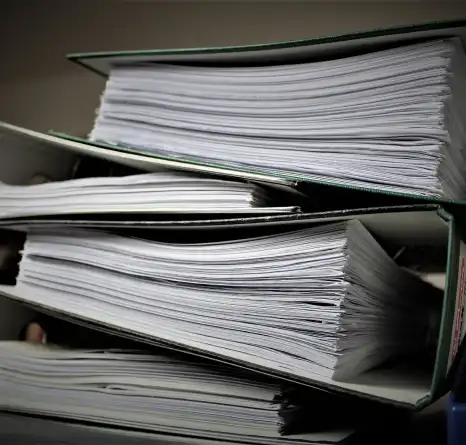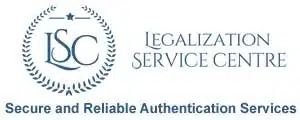Welcome to Apostille in Canada Document Services!
Apostille in Canada is a confirmation that the documents have been obtained legally and therefore can be recognized by the countries that are signatories of the Hague Apostille Convention.
When you need to use these Canadian documents in countries that require Apostille, you’ll be asked to present them with an Apostille Certificate or stamp. This Certificate or stamp is required whenever such pieces of information cross borders, in order to validate their legitimacy.
Apostille in Canada process would require the documents to be certified by the Canadian government first. After this certification process, the documents require to undergo the consular legalization if the documents are to be used in non Hague countries. This process may take some time however here in our Centre we are able to offer expedited services depending on the destination country for your documents. We also offer e-Apostille services for documents that were issued electronically such as: Police Check Certificates, Health Canada Certificates, Corporate Certificates, Pension Letters, Degrees, Diplomas, Enrollment Letters and Transcripts, Citizenship Certificates and etc. Please feel free to contact our office for more information.


How We Can Help
Legalization Service Centre team have helped many Canadians with securing their Apostille in Canada necessary for different purposes in other countries. We’re proud to regularly fulfill the Apostille in Canada process for Canadian documents requirements. Many individuals fail on their own due to the various requirements for Apostille – the requirements that vary depending on the destination country in question.
Our team has processed thousands of Canadian documents for use in Europe, Latin and South America, the Middle East, South East Asia and countries such as Russia and China. We handle the Apostille and legalization of documents process with full compliance and in accordance with Canadian and International laws and regulations. Consisting of highly skilled professionals who are accuracy-driven and passionate about doing things by-the-book, the Legalization Service Centre will make sure that your Canadian documents will be accepted in foreign jurisdictions without any reservations!
Our Centre Can Help You Apostille Following Documents:
Degrees, diplomas and transcripts
Criminal record check certificates and fingerprints forms
Birth, marriage, death, and change of name certificates
Deeds and authorization letters
Any other documents originating from within any Canadian province
Power of attorney documentation
Corporate and export-related documents
With over 15 years of success and practical experience in Documents Apostille and Document Legalization services in Canada, we’re glad to help make your next international adventure one to remember for the right reasons. Contact us today for more information!

Steps for Document Apostille in Canada:
Prepare the documents. If you are not sure where to start, we can help! Contact our office and our dedicated experts will help you prepare your documents accordingly.
Send the documents to our office: LSC Canada, 440 Laurier Ave W, Suite 200, Ottawa, ON, K1R7X6
Receive the Apostilled and validated documents back from us in Canada or abroad!
Get a Customized Quote Today!
Swift Apostille in Canada
Our Express Apostille Service guarantees speedy processing, and delivery your documents.
Simplified Process
We simplify the journey by providing you with a comprehensive checklist to prepare your documents. Once you’re ready, simply ship them to us, and we’ll handle the rest.
Competitive Pricing
Discover our great prices for top-quality document authentication services.
TOLL FREE
